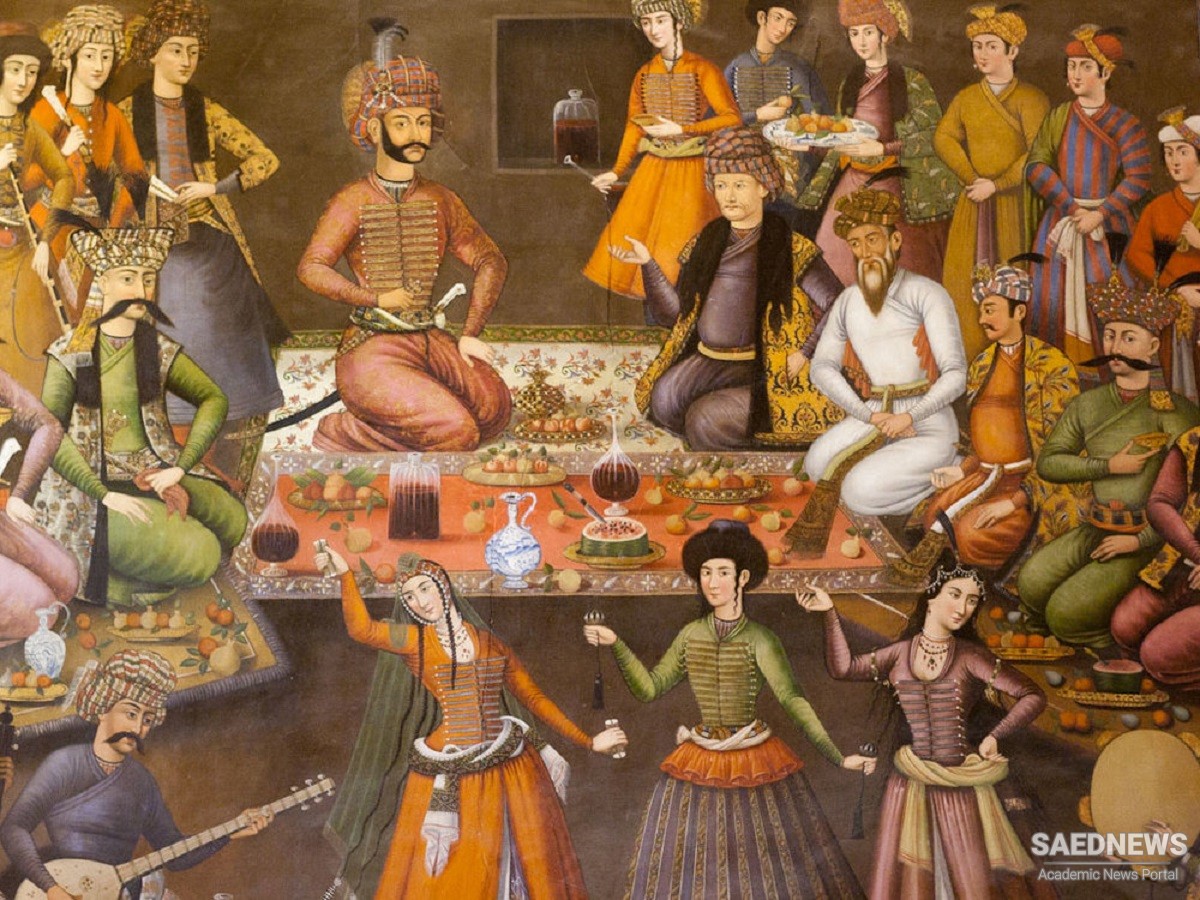Irrespective of whether their rulers were Qara Quyunlu, Timurids or Aq Quyunlu, the senior civil servants were always drawn from this Iranian aristocracy. Sometimes it can be ascertained that members of one and the same family, and occasionally even the very same men, served several dynasties. Isma'il too when he came to power had no alternative but to make use of the same class of experienced bureaucrats, just as earlier rulers had done, for there were no other qualified candidates to fill these posts, certainly none of Turkish or Turkmen origin. We may ask ourselves whether, as is maintained, Isma'il was really the symbolic representative of the Iranian population through whom they made their last and most successful attempt to win political power. What is certain is that in his case the recourse to the native aristocracy had quite different consequences than under earlier rulers such as the Tiirkmens. Hitherto the influence of Iranian officials had always been strictly limited by the interests of members of the royal house and of the Turkmen military aristocracy, as instanced in the fate of the reformer Qazi Safi al-Din 'Isa Savaji in 897/1492. With Isma'il, however, we see the effect of his own link with the Iranian feudal class — to which, without prejudice to his Turkmen ancestry, he after all belonged — in that he was no less sympathetic towards the Iranian element than towards the Turkmens. To this must be added the overwhelming influence of the Turkmen tribes who had helped him to victory. The part played by their leaders especially in his early years must have positively compelled him to be on the look-out for a counter-balance; and almost inevitably this could only be found in the Iranian aristocracy.


 Turkish vs. Iranian Elements of Safavid Persia
Turkish vs. Iranian Elements of Safavid Persia














































